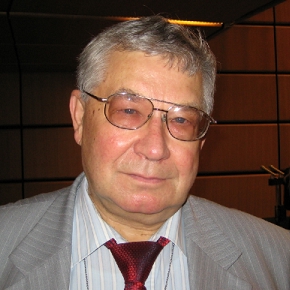 |
||
|
Iran Ballistic Missile System Should Be Dealt With On Side of Nuclear Talks - Expert RIA Novosti, PUBLISHED 05.08.2014 In a Wednesday discussion with the Israel Policy Forum, former State Department assistant secretary for non-proliferation, and current non-proliferation expert at the Brookings Institute, Robert Einhorn, told RIA Novosti that he believes that the issue of Iran’s ballistic missiles should be dealt with on the side of the ongoing P5+1 nuclear negotiations. “The Iranian position is that this negotiation is about the nuclear issue, not about the missile issue,” said Einhorn. “I think this could be very difficult to get the Iranians to include a provision regarding their missile capabilities in the comprehensive nuclear deal. But I do think it makes sense, perhaps as a side deal, to press the Iranians to adopt certain restraints regarding their missile program.” “I think this could be very difficult to get the Iranians to include provisions regarding their missile capabilities in the comprehensive nuclear deal,” concluded Einhorn. “But I do think it makes sense, perhaps separately, perhaps as a side deal, to press the Iranians to adopt certain restrains regarding their missile program.” Other news: Russian, Chinese Companies Sign Memorandum to Build Floating Nuclear Plants The memorandum was signed by Dzhomart Aliev and CNNC New Energy President Tianlin Qian. Construction of Brand New US Nuclear Plants Hampered AP agency reports on a number of quality and cost problems that now cast doubts about if the nuclear energy would ever dominate other electricity sources. Russia Planning 3 Advanced Fast-Breeder Reactors at Beloyarsk Nuclear Power Plant by 2030 Beloyarsk’s fifth power unit will be the first in line to get a next-generation reactor installed on-site to enable a closed nuclear fuel cycle. |
Hero of the day 
The ISTC Responsible Science Program and Subprogram Culture of Nuclear Nonproliferation The dual-use nature of nuclear technology consisting in the potential for its application equally in peaceful and military sphere is the basic contradiction for the existing nuclear nonproliferation regime and comprehensive development of the nuclear power and nuclear fuel cycle. INTERVIEW
Jerry Hopwood OPINION
Joint Plan of Action |

